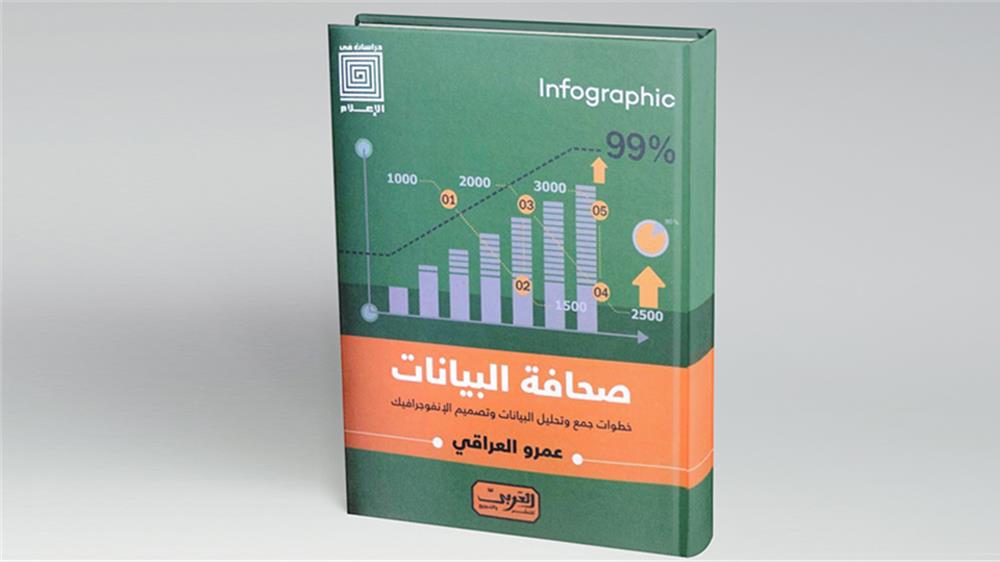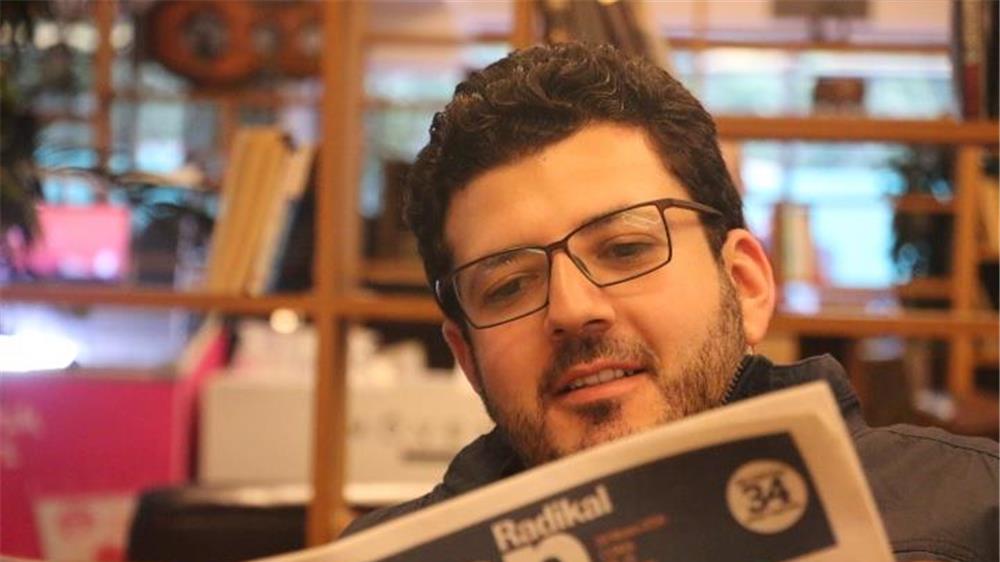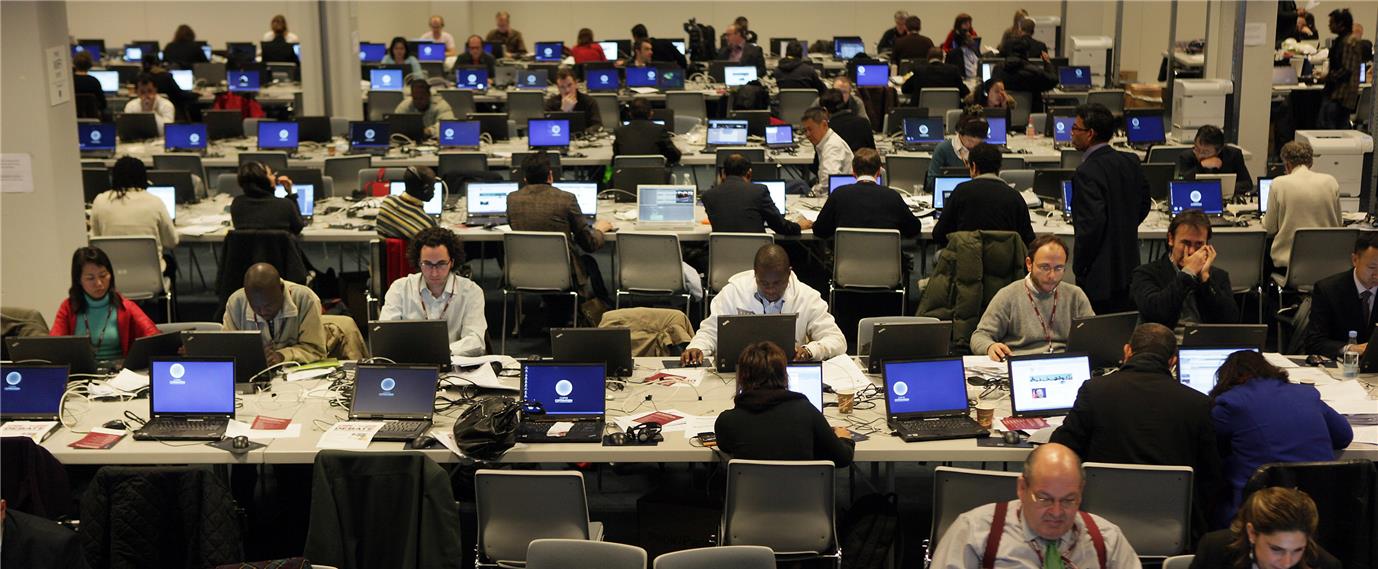صحافة البياناتالمؤلف: عمرو العراقيالناشر: العربي للنشر والتوزيععدد الصفحات:207 |
"قد نعيش أنا وأنت إلى اليوم الذي يتم فيه القضاء على الكوليرا، بحيث يصبح المرض شيئاً من الماضي، لكن معرفة الطريقة التي تم انتشار المرض بها، ستكون السبب في القضاء عليه".
كانت هذه أحد أجمل الاقتباسات التي كتبها الطبيب البريطاني جون سنو عام 1854، عندما عانى حي "سوهو" في وسط لندن من تفشي وباء الكوليرا، ما أدى إلى وفاة أكثر من 500 شخص في أقل من أسبوعين، ولم يكن أحد يعرف السبب وراء انتقال هذا الوباء بهذه الطريقة.
كان مركز تفشي وباء الكوليرا على مقربة من منزل الطبيب سنو، فقام بجمع بيانات عن حالات الوفيات التي حدثت بسبب الكوليرا في جميع أنحاء المدينة، ووضع هذه البيانات على خريطة جغرافية للمدينة وحدد عليها أماكن المصابين وعددهم، وتوصل من خلالها إلى أن أغلب حالات الوفاة وقعت بالقرب من تكتل جغرافي على مقربة من مضخة مياه عمومية.
وعند قيامه بفحص تلك المياه، اكتشف وجود البكتيريا بها، وأثبت أن الوباء انتشر عن طريق المياه الملوثة، على عكس ما كان معروفاً في ذلك الوقت من أن الوباء انتشر من خلال الهواء الملوث.
من هذه القصة، يمكن الانتقال جدياً للحديث عن أهمية صحافة البيانات، صحافة تنظيم الفوضى، حيث يعمل من خلالها الصحفي على تحويل كم فوضوي من بيانات لا قيمة أو معنى لها إلى قصة صحفية بصرية يمكن أن تختزل الكثير من المعلومات المهمة والمفيدة عبر رسوم بيانية وأشكال، وعرضها على القارئ في صورة جذابة. إنه هذا النوع من الصحافة التي تعتمد على الأرقام لسرد القصة.
ولذلك، يرى كتاب صحافة البيانات أن هذا النوع مختلف عن كافة أنماط الصحافة الأخرى، فهو يعتمد بشكل أساسي على قواعد البيانات حيث يجد الصحفيون قصصهم الخبرية بين ثنايا الأرقام ويضيفون لها أبعادا جديدة، حتى تصبح الأداة الرئيسية لكشف وشرح سياق الخبر هي البيانات.
ويجادل الكاتب في أهميتها بأن التنافس بين المؤسسات الصحفية وبخاصة المحلية، لم يعد على السبق الصحفي، بل أصبح الأمر يتعلق أكثر بطرق جذب الشريحة الأكبر من الزوار وزيادة نسبة تفاعلهم مع المحتوى الصحفي المعروض على المنصات الإلكترونية.
والمؤلف المصري عمرو العراقي الذي أسس أول موقع متخصص في صحافة البيانات في العالم العربي Info Times، وعمل على نشر أكثر من 300 قصة صحفية مدفوعة بالبيانات، يجذب عبر كتاب مكون من 3 فصول الصحفيين للعمل بعمق على الأرقام، قائلاً إن "الأرقام كانت وستظل يوماً هي اللغة المشتركة التي يتحدث بها جميع الصحفيين".
فإن كنت صحفياً تغطي موضوعات فنية فقطعاً أنك تعرضت لموضوع صحفي عن أجور الفنانين وتكلفة إنتاج الأفلام والمسلسلات، وإن كنت صحفياً تغطي موضوعات رياضية، فمن المؤكد أنك حللت العديد من الأرقام وعقدت مقارنات بين أداء اللاعبين.
لكن إن كنت تعاني صعوبة في الحصول على البيانات وجمعها، وتحميلها أو النسخ منها، وتنقصك الخبرة في امتلاك الأدوات والمهارات التي ترشدك إلى كيفية تنقية البيانات وتصنيفها، فكل هذه المشكلات ستجد لها حلاً هنا.
كيف تبدأ؟
يسرد الكتاب ثلاثة عناصر أساسية مكملة لسرد قصة صحفية بطريقة مختلفة، بالقول إن المعادلة الأساسية في صحافة البيانات قائمة على بيانات ضخمة وتساؤلات جيدة وتصميم جذاب.
لكن إذا شعرت أن الطريق غير واضح أمامك، فحاول أن تطرح الأسئلة التالية أثناء عملك والتي قد تساعدك في تحديد المراحل الصحيحة للعمل على هذا النوع من القصص الصحفية:
- ما هي القصة التي تريد توصيلها للقارئ؟
- ما هي البيانات التي يمكن الحصول عليها؟
- ما هي البيانات التي لديك؟
- ما هي البيانات المفقودة؟
- ما الذي يمكن أن تقوم بتحليله؟
- هل لتحليلك معنى؟
- ما هي أفضل طريقة لسرد القصة؟
ويورد المؤلف أن مراحل العمل تتضمن ما يلي:
- تحديد الرسالة الرئيسية والزاوية التي سيتم العمل عليها
- تحديد الجمهور المستهدف
- جمع البيانات ووضعها في صيغة يمكن التعامل معها حاسوبيا
- تحليل البيانات والكشف عن علاقات التشابه والاختلافات بين الأرقام
- وضع سياق القصة الصحفية وترتيب مكوناتها وفقا للأهم فالأقل أهمية
- رسم الهيكل الأساسي ووضع التصميم الأولي للقصة الصحفية
- اختيار الألوان والخطوط التي تناسب القصة
- اختيار الرموز الدالة والمعبرة التي لا تسبب حيرة لدى القارئ
- نشر القصة بطريقة تضمن تفاعل القراء معها
كما يسرد المؤلف عملية الانطلاق بالتفصيل، بداية بجمع البيانات حتى تحليلها والوصول إلى القصة، في حين يقول إن البيانات هي مجموعة من الحروف والكلمات أو الأرقام أو الرموز أو المؤشرات أو الإحصائيات الأولية بشأن موضوع محدد، ولا ينبغي أن تكون البيانات بالضرورة في صيغة رقمية دائما.
لا يشترط بناء قصة صحفية مدفوعة بالبيانات كماً كثيفاً من البيانات، فمن الممكن أن تكون معادلة حسابية بسيطة بمفردها هي الأساس لقصة صحفية، وفي الوقت ذاته لا يمكن أن نصف عملية تصميم البيانات بمفردها بأنها صحافة مدفوعة بالبيانات لكونها مجرد محاولة لتحسين عملية عرض المحتوى، لذلك يجب علينا تحليلها والكشف عما بداخلها من تفاصيل بطريقة جذابة.
وحتى نقوم بعملية متكاملة وسليمة وصولاً إلى القصة الصحفية، فالكتاب يدلنا على ذلك عبر الخطوات التالية:
أولاً: جمع البيانات: يمكن الوصول إليها عن طريق (البحث على شبكة الإنترنت، التقارير الصادرة عن الجهات الرسمية، جمع البيانات بشكل مباشر عبر البحوث واستطلاعات الرأي).
ثانيا: التحقق من البيانات: وذلك لأن أي خطأ في البيانات سينتج عنه تحليل خاطئ ومن ثم قصة صحفية غير سليمة.
ثالثاً: تجريف البيانات: وهي الطريقة التي يتم من خلالها استخراج البيانات من الملفات التي لا يسهل التعامل معها حاسوبياً ووضعها في جدول بيانات دون أن يتم ذلك عن طريق النسخ المباشر يدوياً.
رابعاً: تنظيف البيانات: عندما تحصل على مجموعة البيانات، فمن المرجح أن تجد بعض الأخطاء. كل ما تحتاجه لحل هذه المشكلة هو تحديد الإجابات التي تريد من تلك البيانات الإجابة عليها.
خامساً: تحليل البيانات: وهذا الجزء الأهم الذي يقود إلى القصة الصحفية، سنتعرف من خلاله على أشهر الممارسات المتبعة من قبل الصحفيين لتحليل البيانات عبر أمثلة حية بسيطة وقصص ناجحة.










































